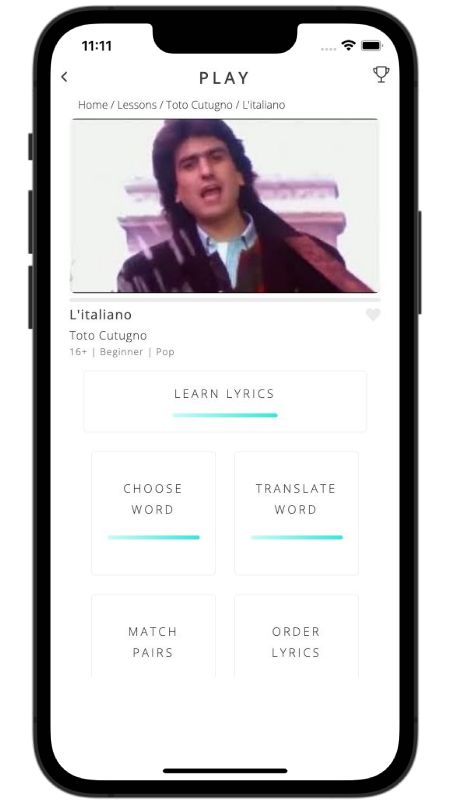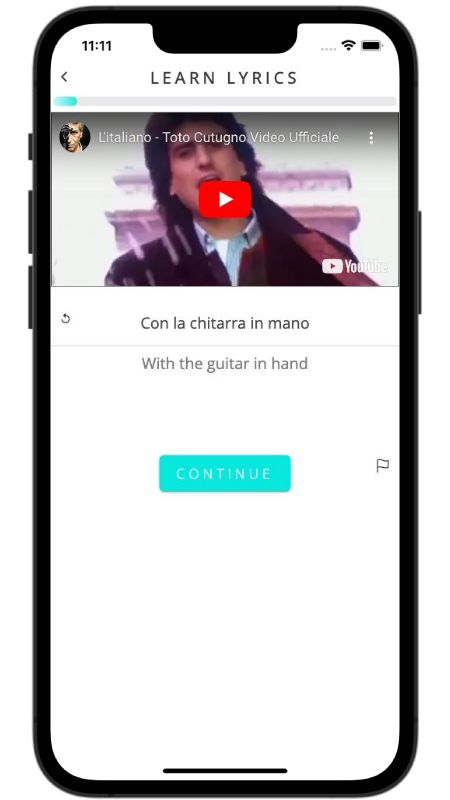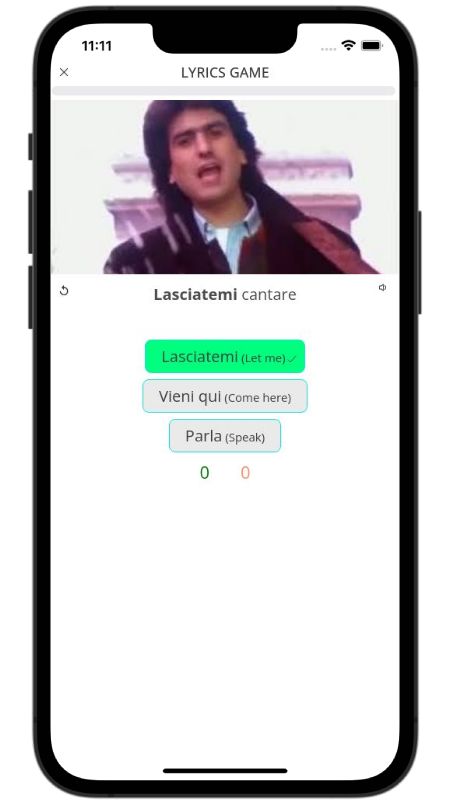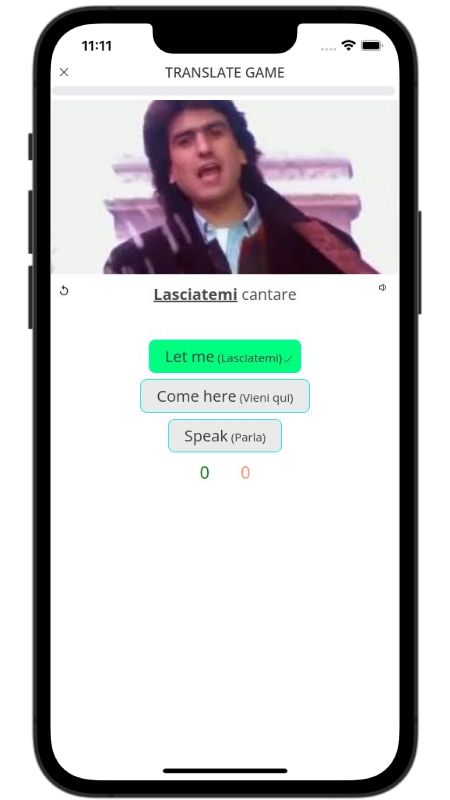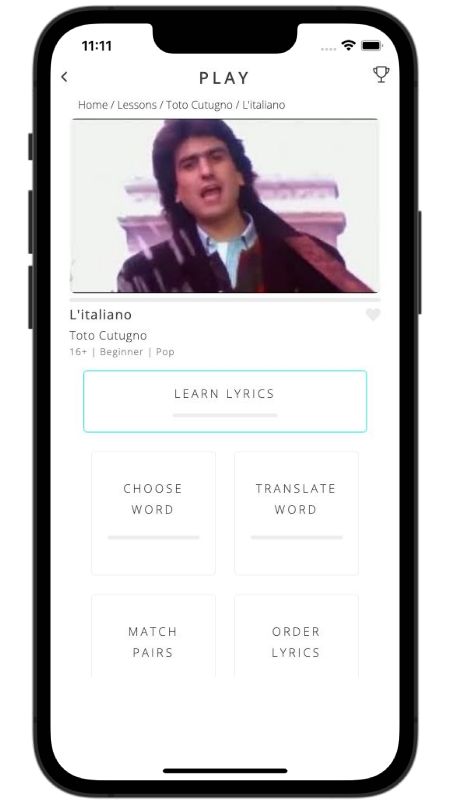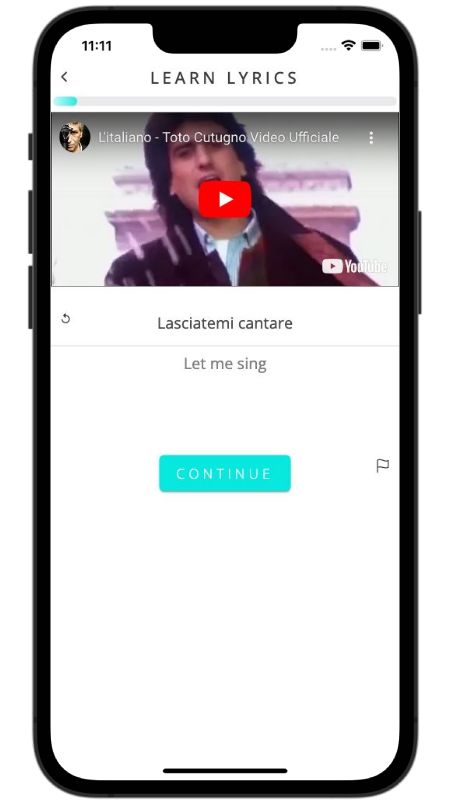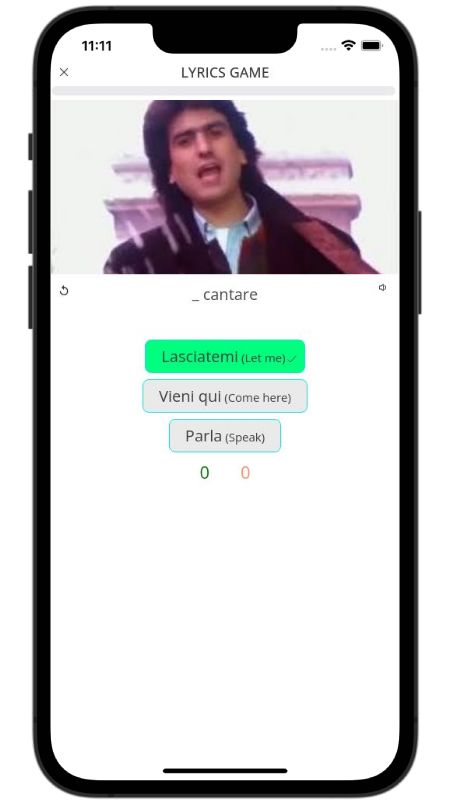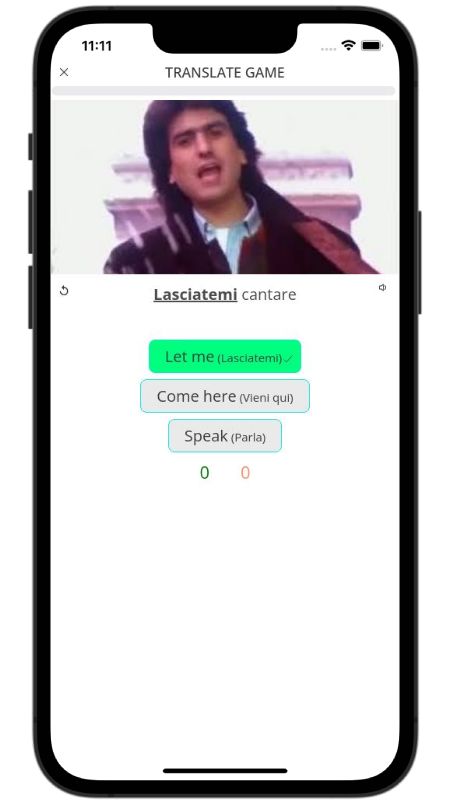Fateme Cantà Lyrics in English Ultimo
Below, I translated the lyrics of the song Fateme Cantà by Ultimo from Italian to English.
Intro
What a day, what a day
I'm wrecked, I'm wrecked
Waiter, bring me the wine
Let me sing
'Cause I don't feel like stayin' with these people
Who talk to me
But say nothing
Let me sing
And I even feel a bit worked up
By these people who ask me for a photo
I'd like to talk to them about themselves
Let me sing
I'm going crazy chasing too many demands
I need, at roll call
To say I'm absent
And, and let me sing
For the friends I left in the parking lot
I almost feel guilty
For having had this dirty success
A friend onstage who kills you off it
Let me sing
I'm no good at making up speeches
I mess up the manners
The tones, even the timing
I speak low, you wouldn't even hear me
Let me sing
At these dinners with guys in ties
I talk with gestures, I don't know their language
Let me sing
For that guy who doesn't have a name anymore
He's on the street, begging for a heart
For that father who shuts his eyes tight
In front of his son to guard his dreams
And let me sing
For these cats waiting awake
For an engine to keep themselves warm
For the memories that break my sleep
And in bed make me spin like a madman
A madman, a madman
Lyrics and Translations Licensed & Provided by LyricFind
Did you like this lyrics translation?
Did you know?
In addition to reading lyric translations, you can now learn Italian with music and lyrics from your favorite artists.
No more boring lessons. You can now learn with engaging and culturally relevant lyrics from the best artists.
Apple and App Store are trademarks of Apple Inc.
Google Play and the Google Play logo are trademarks of Google LLC.
MORE ULTIMO
iOS AppAndroid AppWeb LessonsFree PDF WorksheetsJoin ClassroomLyrics TranslationBlogAbout UsBuy as GiftLifetime
